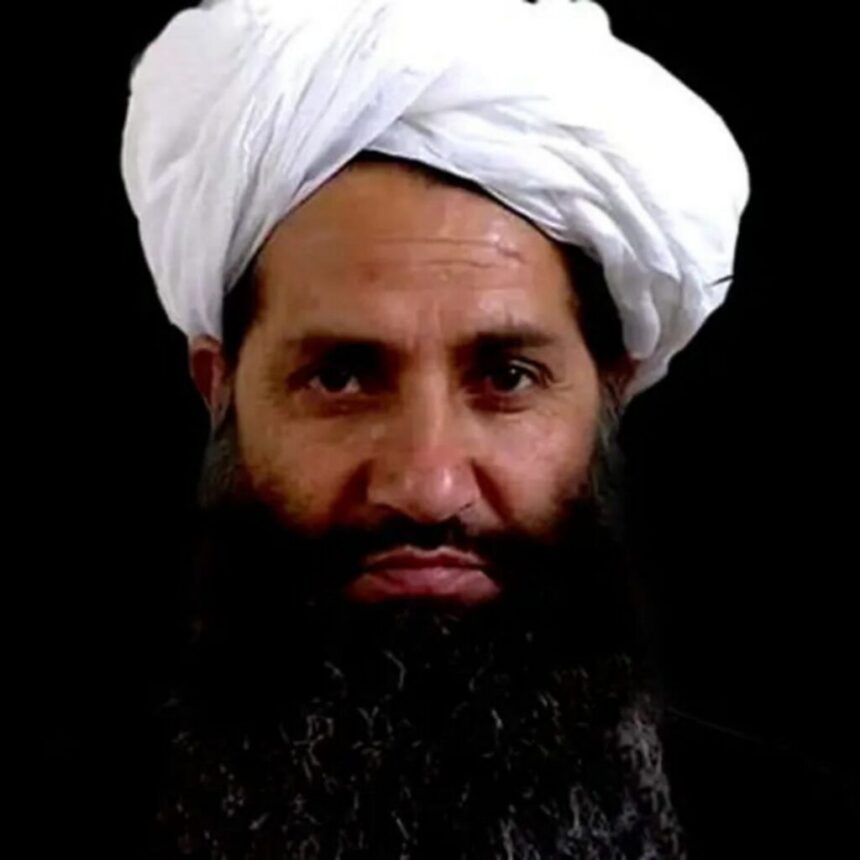RASC News Agency: The Taliban’s supreme leader, Mullah Hibatullah Akhundzada, has issued a decree ordering the removal of all judicial and security records of individuals who collaborated with the Taliban under Afghanistan’s previous government. He emphasized that these individuals must be presumed innocent unless formally charged or convicted by the Taliban’s judiciary. In the directive, issued on Sunday, December 22, Akhundzada stated that any legal actions or rulings imposed on these individuals by former governments are to be considered void unless validated by the Taliban’s courts. The order specifies that cases involving Taliban collaborators, previously prosecuted or sentenced under the previous administration, must be permanently erased from administrative systems and digital archives.
The decree mandates that related records, including biometric data, administrative documents, court rulings, intelligence reports, and electronic databases, be entirely expunged. Akhundzada justified the decision by asserting that most of these individuals were targeted solely for their support of the Taliban and therefore must not face further legal consequences under the current regime. He reiterated that unless these individuals commit crimes under Taliban governance, they are to be regarded as innocent. Previously, Akhundzada had declared that any person detained for supporting the Taliban under the prior administration had been wrongfully accused.
Observers have expressed concerns that this directive could lead to the systematic destruction of critical administrative and judicial records that do not align with the Taliban’s political interests. Such measures could also facilitate the protection of individuals whose actions during the previous government remain controversial. Notably, the Taliban have previously taken steps to reward and protect their supporters. Over the past three years, they have provided special privileges to the families of suicide bombers and other operatives.
This directive highlights the Taliban’s continued reliance on former government insiders who enabled the group to infiltrate institutions and carry out targeted operations. Such collaborators were instrumental in facilitating suicide attacks on strategic locations and individuals, a legacy that casts a shadow over the latest decree.






